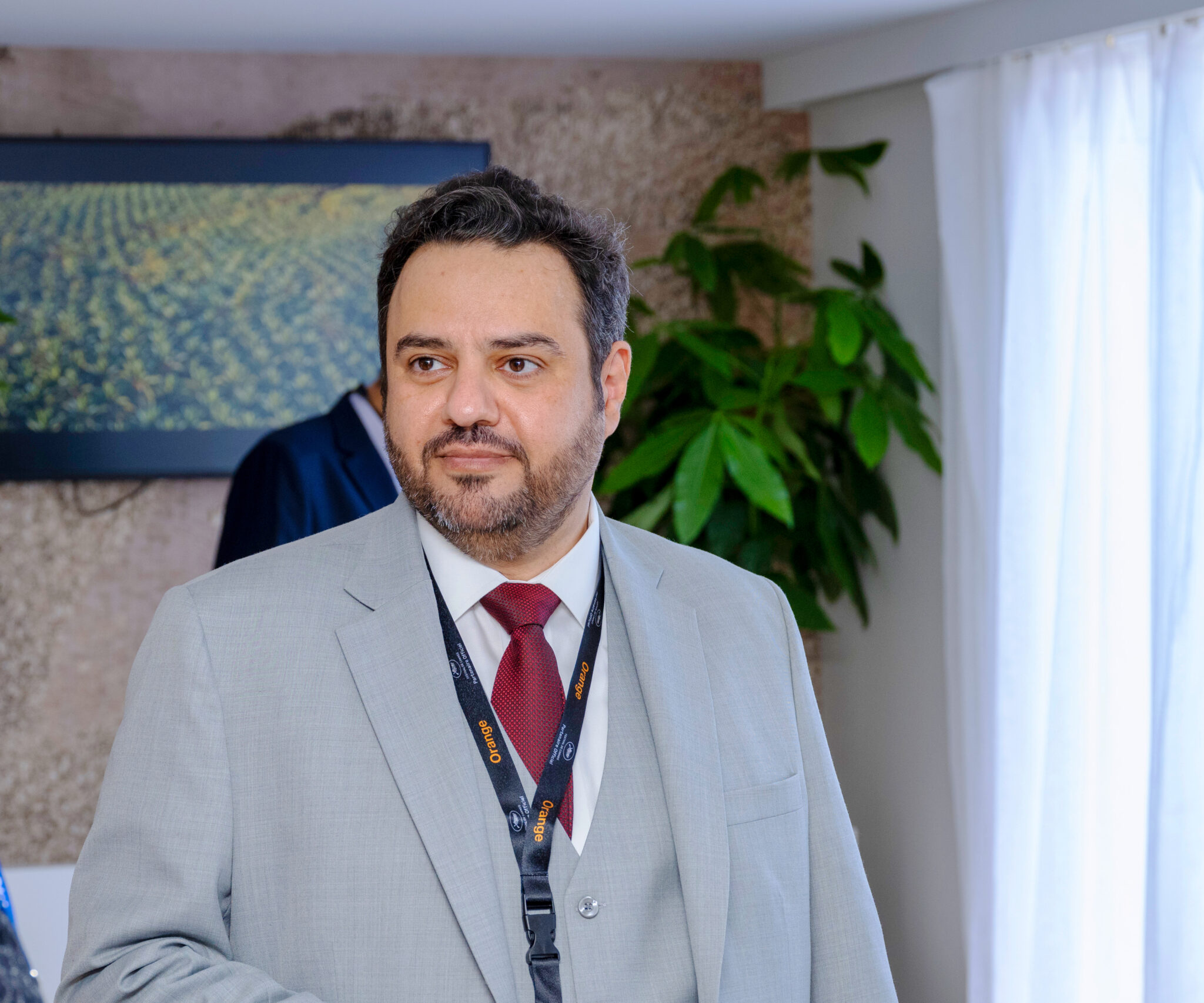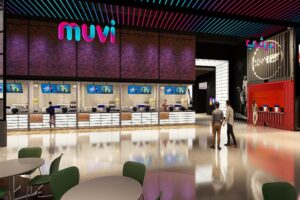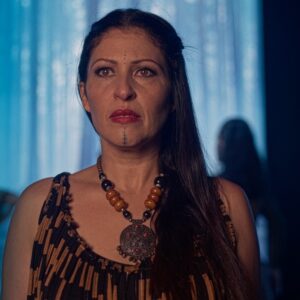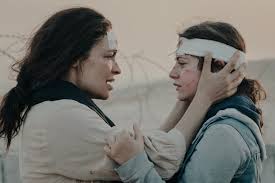No one could have predicted that just five years after cinemas reopened in Saudi Arabia in 2018, the Kingdom would become a hub for entertainment. In fact, as part of HRH Crown Prince Mohammed bin Salman Al Saud’s Saudi Vision 2030, there will be at least 300 theaters with over 2,000 movie screens by that date, and the numbers may well surpass the estimate.
The Saudi film industry is still in its burgeoning years, but nevertheless impressive. At its core is the Saudi Film Commission, a government body affiliated with the country’s Ministry of Culture, which was established in early 2020 and based in Riyadh. The website describes the Commission’s vision to “establish Saudi as a world-class film centre in the heart of the Middle East.”
And if the past — the not-so-distant past — is any indication of the future of KSA, they may just pull that off.
In June of 2020, the Minister of Culture HH Prince Badr bin Abdullah bin Farhan Al Saud, who is also the Governor of the Royal Commission for AlUla, appointed Engineer Abdullah Al-Eyaf as the CEO of the Saudi Film Commission.
But how did Al-Eyaf, who holds a degree in Mechanical Engineering and comes to the Commission after having held various roles at the Saudi Arabian Oil Group Aramco, envision himself as a filmmaker and a novelist, in a country devoid of cinemas during the years when he was growing up?
“I grew up watching animation on TV. I’ve always been fascinated by films and TV series and the worlds those take me to,” he admits. “I’ve always wondered why this medium influenced me more than those around me.” He also uses words that connect with this writer deeply, when he explains that “during my school and university years, cinema became a bridge for me to connect with other cultures and understand the world. Every film was a gateway to an ocean of questions that helped me understand myself better.”
Cinema has had undeniable power as a change-maker in Saudi Arabia in the past decade. Just think of the award-winning filmmaker Haifaa al-Mansour — whom Al-Eyaf counts among his favorite Saudi directors, along with veteran documentary filmmaker Abdullah Al Muhaisen — a woman who famously had to direct her debut feature Wadjda from the back of a van. That was in 2012 and look at her now, several films and series later; her work includes The Perfect Candidate shot in 2019 in Saudi, for which, as al-Mansour noted in Venice, “I didn’t have to be in the van anymore!”
When I ask Al-Eyaf what is the hardest point to drive across to Westerners about the Kingdom, he says it is how “Saudi Arabia is changing rapidly at an unprecedented rate.” At dizzying speed, I would personally add. “The country is witnessing a transformation at the economic, social, and creative levels the world has never seen before. There is so much to tell and communicate about what’s happening in Saudi Arabia.” He reminds me of the exceptional demographics of the Region. “At the same time, the Middle East in general is very dynamic, with a large young population and great creative potential. I believe there is huge room to improve the communication between the world and this region.” Young Saudis are hungry for everything that is cool and modern, especially in entertainment, and that doesn’t seem so different from, say, American audiences or South Asian film-goers.
Al-Eyaf admits that the challenges faced by the Saudi Film Commission go hand in hand with the dynamics of the industry. “The global film industry is going through fast changes in how films are financed, developed, produced, distributed, and exhibited. For example, it is exciting to see the advancement of technology in the film industry and the vast possibilities that could come through that, and yet it is hard to foresee the challenges it may bring.” However, he finds working in what he calls a “fast-changing and unpredictable sector” very rewarding because of “how the films we help get made inspire generations and connect people together.”
This unpretentious, humble quality is something that is ever-present when meeting people from KSA, and the Region in general. As Al-Eyaf confesses, quite unassumingly, “I’m really privileged now to be part of the grand transformation in Saudi Arabia to build a film industry that allows many filmmakers to make this their full-time career. My generation got into cinema as a hobby, not a profession. I’m an engineer by education. I would use my salary and annual vacation to make low-budget films and to travel to film festivals around the world.”
The Commission currently has some enticing incentives available and Al-Eyaf lists them for The Film Verdict. “We currently have film grants through our Daw program, up to 40% cash rebate on productions that are shot in Saudi Arabia, and our colleagues at the Cultural Development Fund have recently introduced a new scheme to finance films, production companies and business — this is a comprehensive cycle that covers small, medium, and large businesses.” He adds that the Commission is “constantly monitoring, improving the value chain of the film industry. Our vision is to have attractive and competitive incentives reflecting the changes in the film industry in the Region and worldwide.”
As a final question I ask Al-Eyaf who are the filmmakers that have influenced him and continue to guide him on this important mission. “I liked the poetic cinematic language of Andrei Tarkovsky, the mastery and depth of Stanley Kubrick,” he says, continuing, “the unique perspectives of Werner Herzog, the dynamic visuals of Akira Kurosawa, and the touching humanity in Miloš Forman’s films.”
–E. Nina Rothe

.png)





